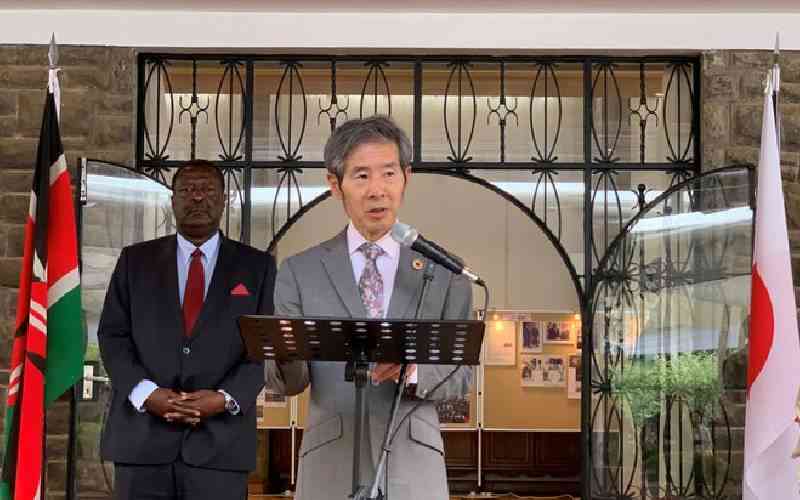×
The Standard e-Paper
Home To Bold Columnists

On 23 February, Japan celebrated the 64th birthday of His Majesty Emperor Naruhito.
The Emperor's birthday is an important national holiday in Japan but is sometimes celebrated on different days in various parts of the world by the Embassy of Japan in these countries.